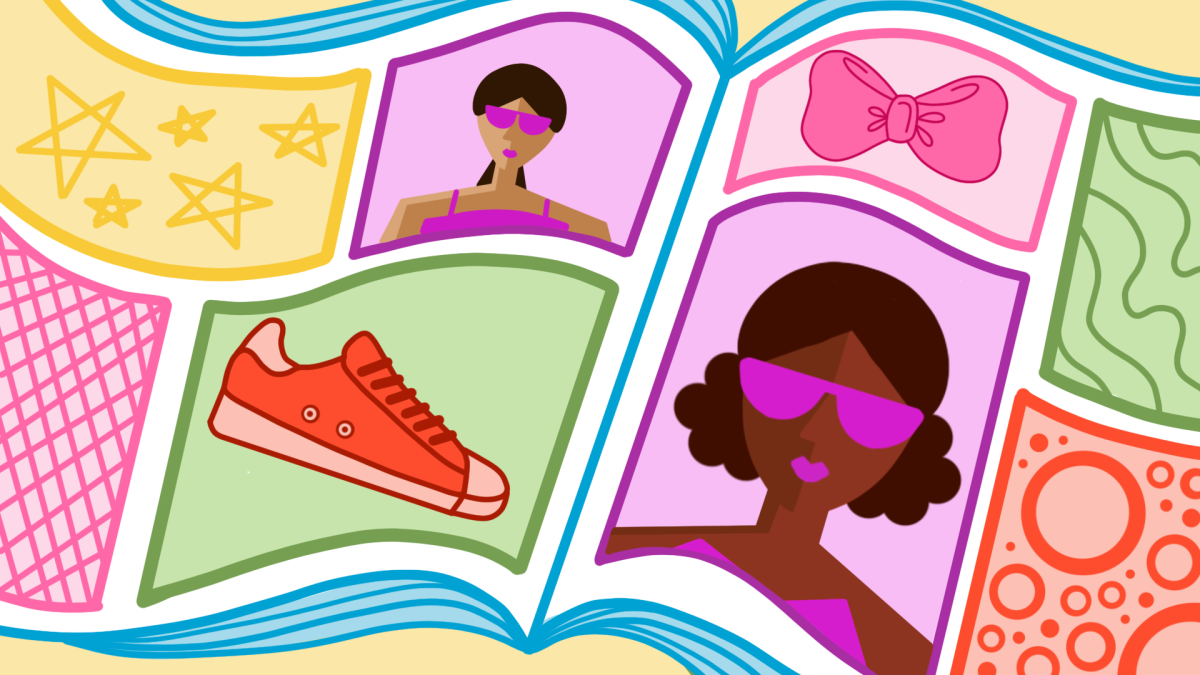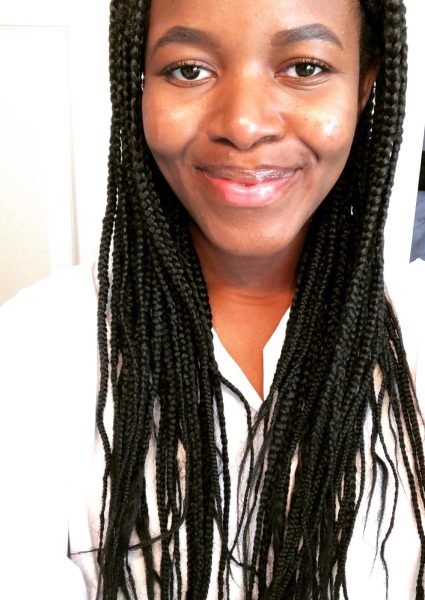It seems when you open social media, all you hear about are the new beauty and fashion trends.
Where does this fascination with staying in trend and being perceived as beautiful come from? Here’s the answer: white supremacy and capitalism.
Beauty standards are not and were never meant to be attainable by the working class, non-white or disabled people. But recently, with the mass inclusion and diversity initiatives in the media — thanks to social media — and the fashion and beauty industry, it seems as if the goalpost is always moving.
It is time to reimagine how we view beauty and what it means to be beautiful. To accomplish this, we must univocally disrupt the systems that perpetuate these practices.
What is Beauty?
Currently, the Merriam-Webster dictionary defines beauty as “the quality or group of qualities in a person or thing that gives pleasure to the senses or the mind.” It seems as if this definition implies that beauty is subjective rather than objective.
However, this definition does not align with Western beauty standards. The original definition of beauty places the judgments and decisions on the individuals, contrasting how the West practices beauty. Due to the influences that the West’s colonialism caused, beauty has now been hijacked by white supremacy and capitalism. These influences have meant that individuals are not centered in beauty decision-making.
Because we as individuals are not the ones deciding what it means to be beautiful, beauty has now become unattainable and unrealistic for the masses.
POC Running the Show
One of the biggest drivers of beauty and the beauty industry is trends. Trends are probably the easiest and most attainable way to reach beauty standards.
The influencers and designers of these trends, however, are not the ones most benefiting from their creations. Many of the trends and new beauty standards are often derived from the very people that the conventional beauty industry tries to exclude.
From sneakerhead culture, baggy clothes, lining your lips and tanning, it seems that black and brown people would become the face of beauty.
White supremacy and capitalism manifest in beauty standards by upholding the idea that whiteness is the holy grail and the only thing to aspire to. Even though BIPOCs can never truly become white in today’s definition and understanding of whiteness, they instead can strive to become pawns of white supremacy.
In the presence of white supremacy, BIPOCs are not seen as good enough to acknowledge.
Holly Alford, Virginia Commonwealth University’s director of inclusion and equity talked about beauty and race in an interview with VCUNews, in which she noted that Black models created the very first runway, but like many other inventions, they were also stripped from their creations.
“How dare you not put anybody of color on the runway when we [black women] started the runway in the first place?” she said.
For generations, BIPOCs have constantly been stripped of the acknowledgment that honors the impact they have contributed to the world of fashion and beauty.
To combat this, we must incorporate equity and inclusion in all facets of our society.
White Supremacy and Capitalism
Inclusion and diversity affect how we view beauty and desirability. Various initiatives have helped include people of color, non-slim people and people with disabilities to be perceived and viewed as beautiful despite the threat they pose to the status quo.
During the U.S. and the West’s rampage on extracting and exploiting goods and services from the global south and east through the transatlantic slave trade, Manifest Destiny and capitalism, white supremacy began to flourish and run the world.
Because of this, the ways we view ourselves and the people around us have changed. The world’s obsession with white supremacy and the desire to produce as much capital as possible has affected what it means to be beautiful.
Early American and Western beauty standards consisted and still consist of purity culture. This usually looks like having fair skin, being slim, having light hair and eyes and being wealthy.
Because these standards are not attainable by the majority of people, capitalism has been able to use this to its advantage. The beauty industry has flourished by selling the idea and perception that if you do certain things like straighten your hair, lose weight, become tan — but not too tan — and dress a certain way you will be beautiful. However, these lies have caused mass overproduction, consumption and dysmorphia.
But once we feel as if we’ve reached the goal, the post moves again. By doing this, the beauty industry can keep capitalism fruitful.
Stop Restricting People
We need to stop striving for something that was never meant for us and begin embracing what we do have.
This can be done by holding our representatives and communities accountable for upholding these unsustainable and harmful practices. We must begin by allowing people to unambiguously express themselves. This can be done by not creating bills that attack peoples’ ability to express themselves and allowing people to show off their culture.
We must understand that it is okay to not fit beauty standards because, ultimately, beauty does come from within. Expensive cosmetics, surgeries, gyms and clothes will not fulfill our desires.















Joe Bordin • May 5, 2024 at 10:18 pm
this is so aggressive. you are wrong if you don’t think that steps have been made to improve representation of mentioned groups in advertising, “trends”, and other elements on social media. your claim that it is the fault of “white supremacy” and “capitalism” is lazy and overdone.